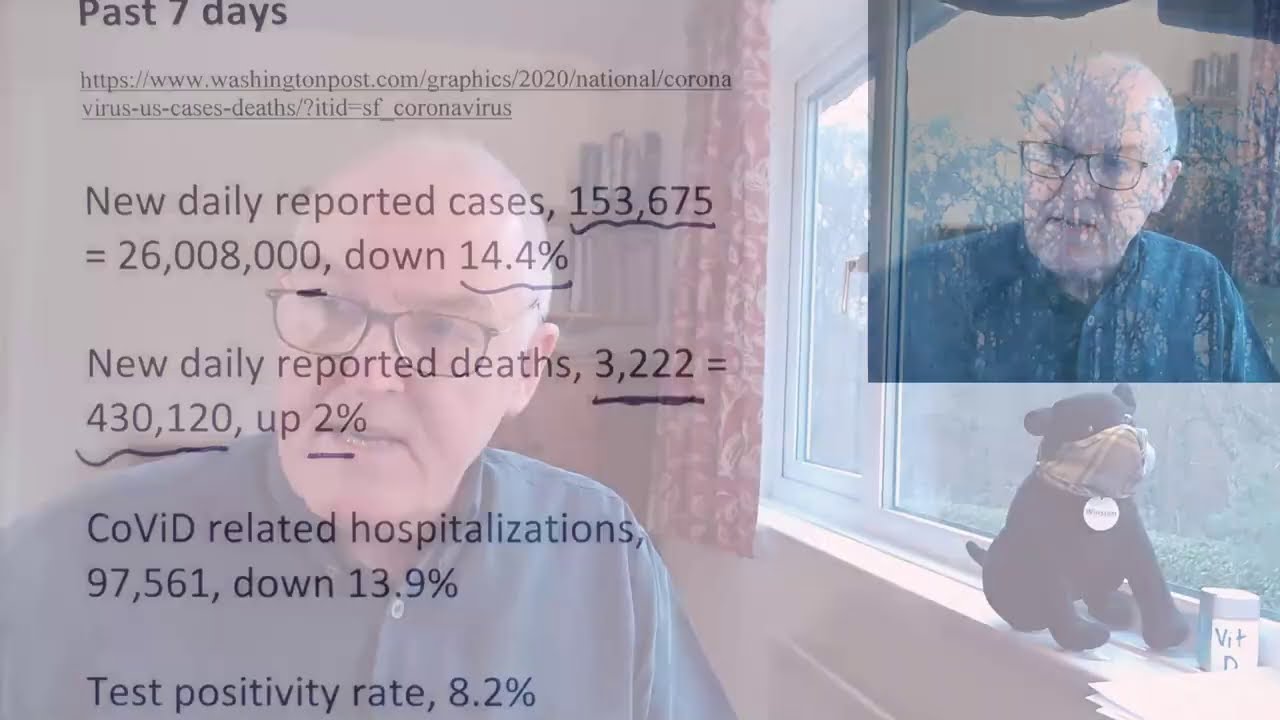Thank you very much Dr. Tom Robb, this is a most valuable contribution.
What’s your risk of COVID hospitalisation?
Predictions based on data from the first wave data
https://covid.joinzoe.com/post/covid-hospitalisation-risk
Dr. Claire Steves, clinical research, King’s College London
Simple charts, nomograms, to identify risk of severely illness
Requiring oxygen and other treatments
Factors
Number of symptoms experienced over the first five days of illness
Sex and age
Symptoms
Loss of smell (anosmia)
High temperature (fever)
Persistent cough
Severe tiredness (fatigue)
Headache
Abdominal pain
Chest pain
Sore throat
Severe shortness of breath
Skipping meals
Muscle pains
Hoarse voice
New confusion (delirium)
Diarrhoea
Skin rash
How to use this information
Medical professionals and the public
Identifying people with COVID, who might be most likely to need medical care
Monitored appropriately and get to hospital quickly should it become necessary
If you’re in the red or dark red zone you should contact your doctor for advice
Ask if they can send you a pulse oximeter
Check HR and temp regularly
Wherever you fall on the chart,
if you are struggling to breathe,
have pain in your chest,
become very confused or drowsy
or your lips or face are turning blue,
you should call an ambulance
US, CDC data
https://covid.cdc.gov/covid-data-tracker/#trends_dailytrendscases
Past 7 days
https://www.washingtonpost.com/graphics/2020/national/coronavirus-us-cases-deaths/?itid=sf_coronavirus
New daily reported cases, 153,675 = 26,008,000, down 14.4%
New daily reported deaths, 3,222 = 430,120, up 2%
CoViD related hospitalizations, 97,561, down 13.9%
Test positivity rate, 8.2%
Vaccine doses, 30,443,000
Two doses, 5,459,000 (1.67%)
https://covidtracking.com/data
UK data
https://coronavirus.data.gov.uk/details/cases
Source
